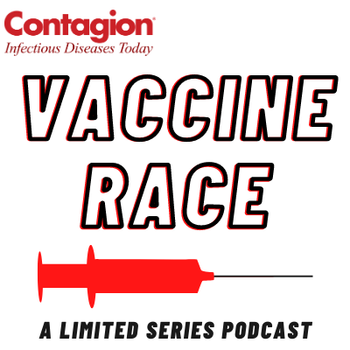
The Meharry and Vanderbilt-based expert shares insights into reaching less trustful populations on the first podcast episode.
Kevin Kunzmann is the managing editor for Contagion, as well as its sister publication HCPLive. Prior to joining parent company MJH Life Sciences in 2017, he worked as a health care and government reporter for The Pocono Record, and as a freelance writer for NJ Advance Media, The Express-Times, The Daily Journal, and more. He graduated from Rowan University with a degree in journalism in 2015. In his spare time, he enjoys reading, cooking, running his dog, and complaining about the Mets. Follow him on Twitter @NotADoctorKevin or email him at kkunzmann@mjhlifesciences.com

The Meharry and Vanderbilt-based expert shares insights into reaching less trustful populations on the first podcast episode.

A collection of expert perspectives on what the virus itself may mean for future crises.
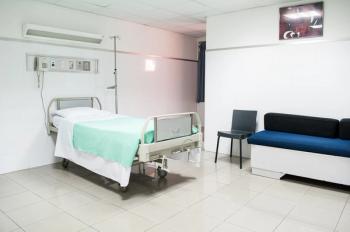
New ACTT-2 data shows a marked benefit from the combination regimen versus lone remdesivir.
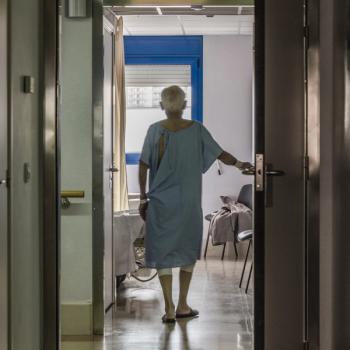
ACTT-1 findings for the Gilead antiviral show it improved chance of clinical improvement by 50% in very ill COVID-19 patients.
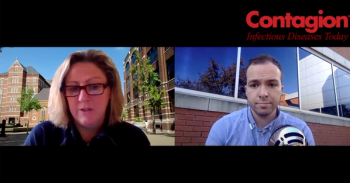
In consideration of the idea that the pandemic may lead to greater knowledge and adoption of preventive health measures.
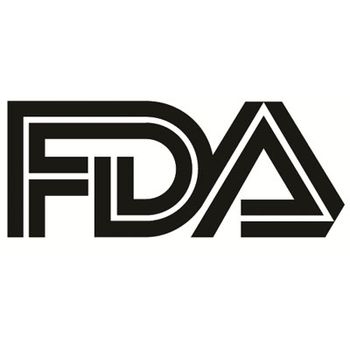
The new pathogen panel will distinguish between 20 different common and serious respiratory infections, giving clinicians more confidence in flu season diagnoses.

Numerous candidates are in late-stage assessment. An expert shares what the diverse agents should show before being considered for regulation.
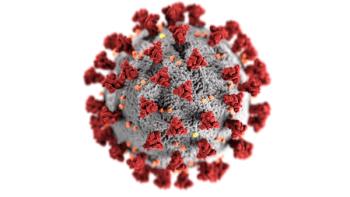
A pair of investigative monoclonal antibodies from Lilly show promise for mitigating mild to moderate COVID-19 risks of escalation.

The new guidance bucks against the White House's campaign message of an available prophylaxis by the election.
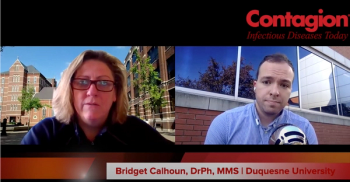
Perspective on the ongoing independent safety reviews for one of the more promising vaccine candidates.
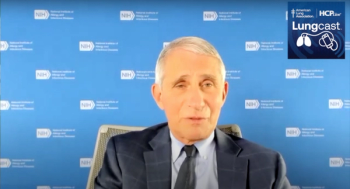
Fauci also shares suggestions for college campus to mitigate community-based spread while classes continue.

The President's hospital stay continues through a third day, with conflicting messages on his health and an escalation in therapy.
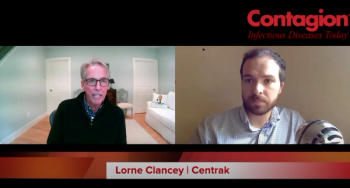
A discussion with an expert on the particularities of the vaccines, which vary in temperature climate requirements and dosages.
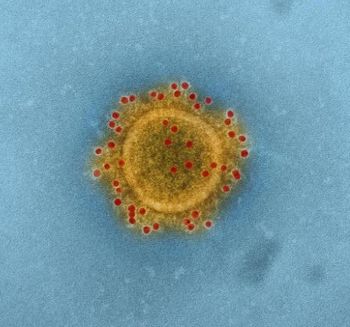
A collection of perspectives on how the virus is affecting patients outside of infectious disease.
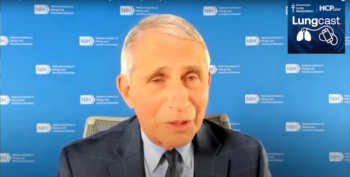
Why the AstraZeneca & Oxford University trial's pause due to an adverse event was a sign to Fauci the vaccine monitoring systems are working.

New CDC data showed adults aged 20-29 made up more than 20% of all confirmed cases from June-August of this year.
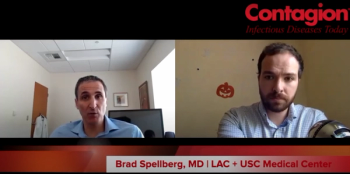
Brad Spellberg, MD, emphasizes his belief the Affordable Care Act needs to be retained so as long as the pandemic persists.

International collaboration, fast action, and mRNA platform technology led to phase 3 trials in record time—without compromise of safety standards.

The agency requested data this week, following the pause of large-scale international assessment after a non-fatal serious adverse event was reported in a UK participant earlier this month.
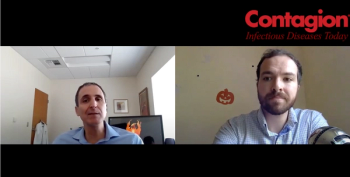
The country is split on certain strategies and a potential vaccine. Here's why the message needs to go from national to regional.

The test provides qualitative detection of nucleic acid from SARS-CoV-2 in oral saline rinse specimens, nasopharyngeal swab, and nasal swab specimens in a universal transport media, as well as nasal swabs collected in oral saline rinse.
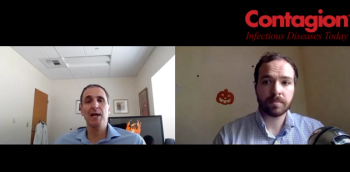
Brad Spellberg, MD, describes the inconsistent, impersonal messaging given to the public as cases begin to rise again.

From acute kidney injury to children with ADHD, here's the latest research and discussions around the pandemic's effect on other specialties.

Stanford investigators suggest the findings could continually represent an accurate estimate of US antibody accrual.
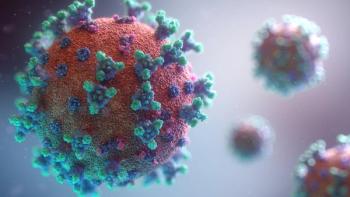
An interview with a Harvard-based researcher on troubling associations between RDW and hospitalized COVID-19 patients' mortality risks.

New international analysis highlights successes—and shortcomings—among Pacific Asia and European regions who began to reopen their societies.

The EUA grants clinicians and caregivers capability to provide serologic assay results in person to potentially infected patients.

The country successfully managed thousands of mild cases among foreign construction workers at the height of the pandemic through an isolation facility. It may not be an applicable model, though.
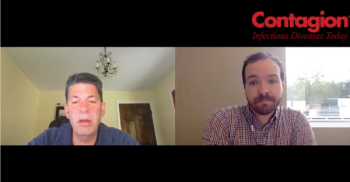
What the AstraZeneca vaccine research pause meant for physician-patient discussion on vaccine candidate safety.
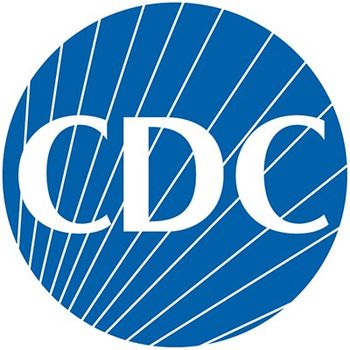
The guidance clarification published today comes just a day after reports a polarizing guidance was published last month without full review nor consensus from the agency.